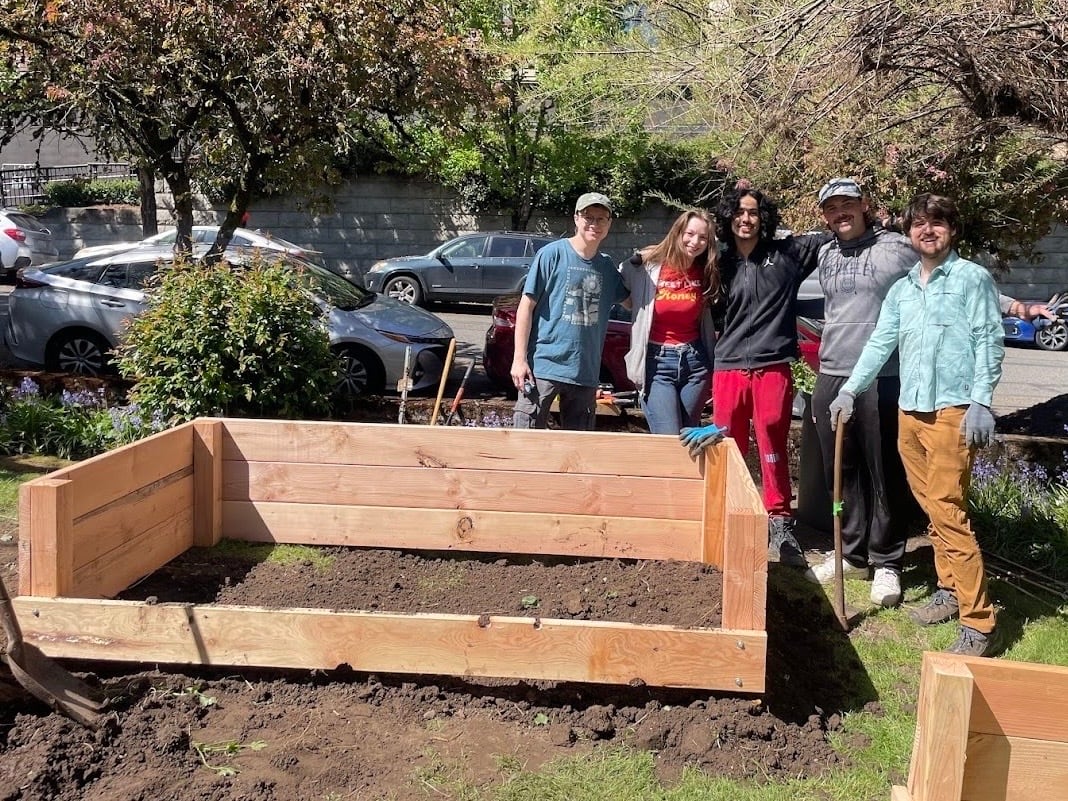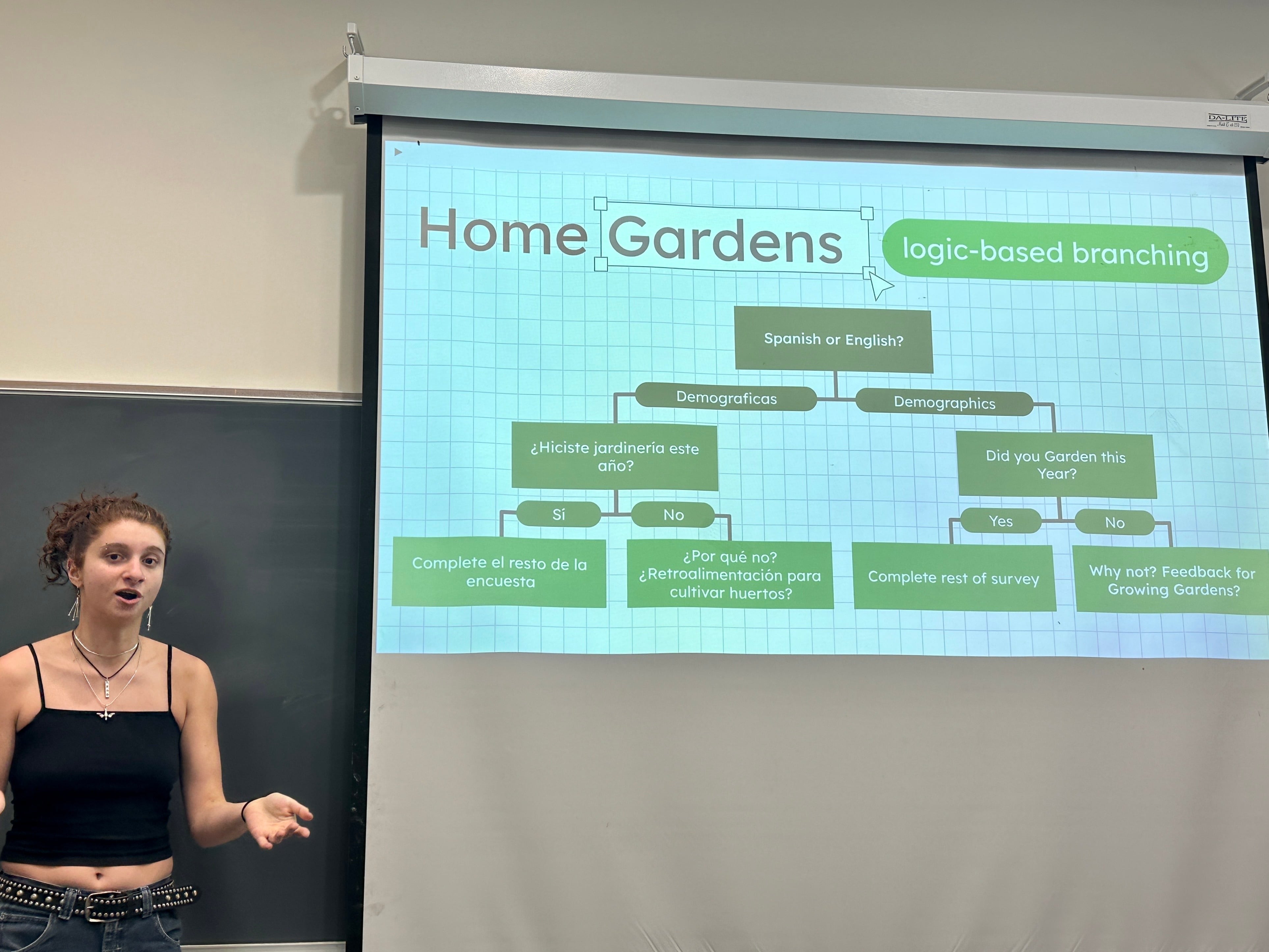

Published on: 06/01/2025
This news was posted by Oregon Today News
Description
When you think about the field of data science, math and analytics are probably what first comes to mind. But Devin Fitzpatrick wanted to take a different approach when creating his latest course at Lewis & Clark College called “Data for Good.”
The visiting assistant professor has a Ph.D. in philosophy. and he said bias and stigma can make its way into data that on the surface looks neutral.
“One might see a dataset that shows women exiting the workforce at a certain time and associate that with women not being reliable employees and present this information as ‘Well, perhaps if you want a reliable employee who will stick with the organization, you’ll want to hire this group of people, which happens to be mostly men.’” he explained.
“And it takes a human being, it takes an analyst who’s carefully training algorithms, to understand what this data might represent.”
The “Data for Good” course focuses on the ethics around data analysis. Students use raw, real world data collected locally that had been tabulated and anonymized but not yet “cleaned” or analyzed.
“The students have the opportunity to see that data in the real world is complicated,” Fitzpatrick said. “It’s not like the kind of data your professor might make up for you to train on.”

The data came from Growing Gardens, an Oregon nonprofit focused on reducing food insecurity through hands-on gardening education.
The organization has three main programs:
- Home Gardens works with low-income individuals helping build garden beds, provide seeds, and gardening guidance.
- Youth Grow plants vegetable gardens at schools and teaches classes on gardening to kids.
- Lettuce Grow works in Oregon’s prison facilities, teaching gardening classes and managing vegetable gardens that produce food that go into those facilities’ kitchens to feed the prison population.
The nonprofit has collected years of data across the three programs, but lacked the resources to do much with it. So when Fitzpatrick reached out about partnering with Growing Gardens, it was ideal timing.
“We don’t have a ton of capacity for internal data analysis,” said Dashiell Hock, Growing Garden’s grants and data coordinator. “The students at Lewis & Clark in this project have really helped us tackle what was becoming sort of an unfathomable data project.”
In early May, the students presented their findings, both as their final project for the class and also as concrete examples and next steps that Growing Gardens could take. Hock said there were parts of each project that could be instituted almost immediately.
“For example, with the Home Gardens survey, we currently have an end-of-year survey,” he said. “The last group designed a beginning of the year, pre-gardening season survey. That’s a great idea, let’s totally incorporate that.”
Students also suggested different ways data could be collected, noting that multiple-choice may be a better option than open-space-to-write-in as a way to standardize answers and get engagement.
One team even discovered that between the English and Spanish versions of a questionnaire, a small difference in translation changed the significance of a question.
The students also said the service learning approach was impactful.
“I was just so excited to get real-world data experience,” said sophomore Roma Taylor. “We have an incredible data science program here, but not a whole lot of practical applications for that knowledge.”

Taylor got hands-on experience in the class, not just working with real data, but also volunteering with the organization at a community garden in Portland’s Sellwood neighborhood.
“I felt a lot more connected to the organization itself because I spent months and months just staring at their data,” she said. “So to actually be there and see the work that they were doing just made the work that we were doing feel so much more impactful and meaningful.”
Devin Fitzpatrick said he saw the effects of service learning on his student’s work.
“The fact that students are being so thoughtful as to think what people taking the surveys will have access to in terms of writing implements, shows the difference between service learning and the sort of simulation environment of the classroom.
“They’re thinking ‘This might actually make a difference.’” he said.
News Source : https://www.opb.org/article/2025/06/01/lewis-clark-college-data-for-good/
Other Related News
06/03/2025
CORVALLIS The most important morning of James DeCremers young baseball career looked ever...
06/03/2025
BEND Ore KTVZ -- Tony Latrell Williams charged with stabbing 12 people on Sunday at a mens...
06/03/2025
PORTLAND Ore KOIN Thurston High School junior Brooklyn Anderson had one of the most excit...
06/03/2025
The Oregon Public Defense Commission has released a 12-month plan to reduce the number of ...
06/03/2025











